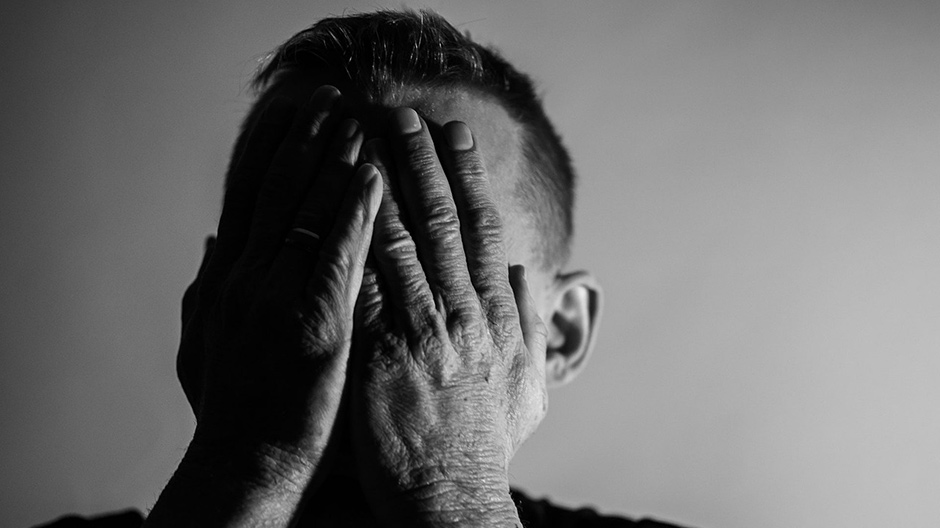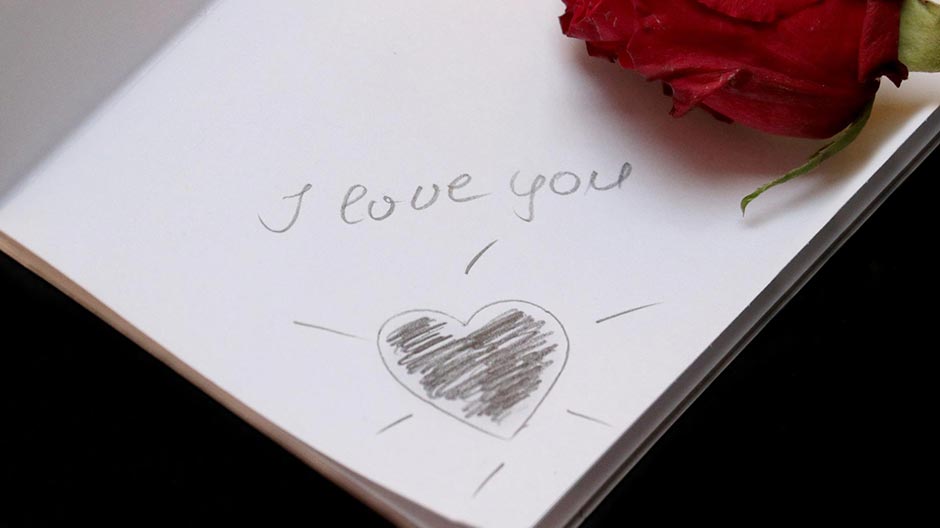Forgive yourself and move on. It is easy to utter these words but much harder to do it. Sometimes, we do a thing or two that we may not be proud of. We lash out at a friend, engage in self-destructive behavior, or even fail to do something we were supposed to. With those mistakes, we may experience overwhelming feelings of self-condemnation, humiliation, shame, and guilt.
If guilt feelings are not dealt with, they can gnaw you down. The guilt that creeps in after them can cause plenty of emotional turmoil. You might experience guilt through a nauseating twist in your stomach after hurting a friend. In other cases, you might face recurring self-judgment and criticism linked to memories of your past mistakes.
As an emotion, guilt tends to have lots of power. Here are five ways you can engage to deal with unhealthy guilt.
- Identify the Feelings- Ignoring the guilt feeling and thinking that it will dwindle and disappear may seem like a helpful strategy. Unfortunately, undealt with guilty feeling reappear.
- Explore the Source- Dealing with guilt requires recognizing its source and owning up to mistakes.
- Talk about it- When dealing with guilt, silence is deadly. Express your guilty feelings to a mentor, counselor, or a friend you trust. Self-forgiveness starts with being honest and vulnerable about who you are.
- Acknowledge and Apologize– A sincere apology is important if you wronged somebody. It conveys remorsefulness and regrets to the person hurt.
- Forgive yourself– After forgiveness from the person you hurt, practice self-forgiveness. Grant yourself kindness and love, and accept your imperfect self.
The Bottom Line
Guilt is a common occurrence. If you are struggling with guilt, know that you do not need to do it alone. Talk therapy offers a safe space to learn how to forgive yourself and move forward.







